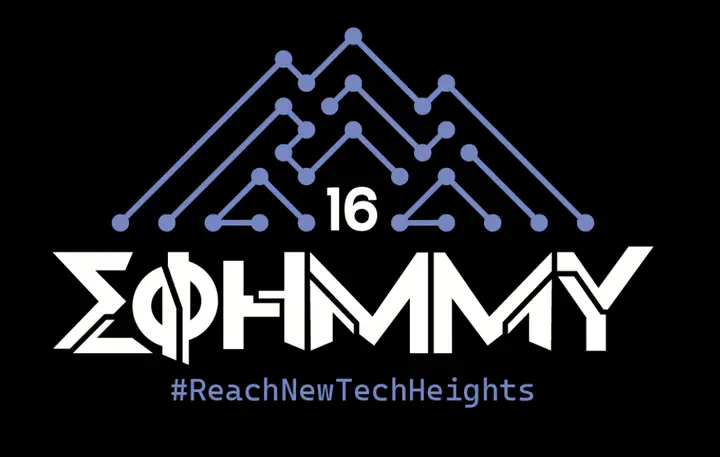[keynote] The insects' alternative to GPS

Abstract
The navigation capabilities of insects, such as bees and ants, are remarkable. They use their celestial compass to orient themselves, which relies on the polarised light pattern in the sky to detect the North. In my talk, I expand on the basic biological, neuronal, and computational principles of this unique system.
Insects’ compound eyes are specialised to detect and analyse polarised light. Their ommatidia transform the light into a signal that facilitates efficient computations to detect the sun or other celestial bodies. This is their celestial compass, which allows them to orient themselves in harsh environments where the sun is occluded by clouds, trees, or buildings.
Some insects adapt their compass to the sun’s movement during the day using time-compensating neural mechanisms. For example, during their migration, monarch butterflies (Danaus plexippus) can maintain a fixed bearing for months. This mechanism transforms the celestial compass into a geocentric compass and serves as an inspiration for the development of advanced insect-inspired navigation systems." location: Aristotle University of Thessaloniki, Greece